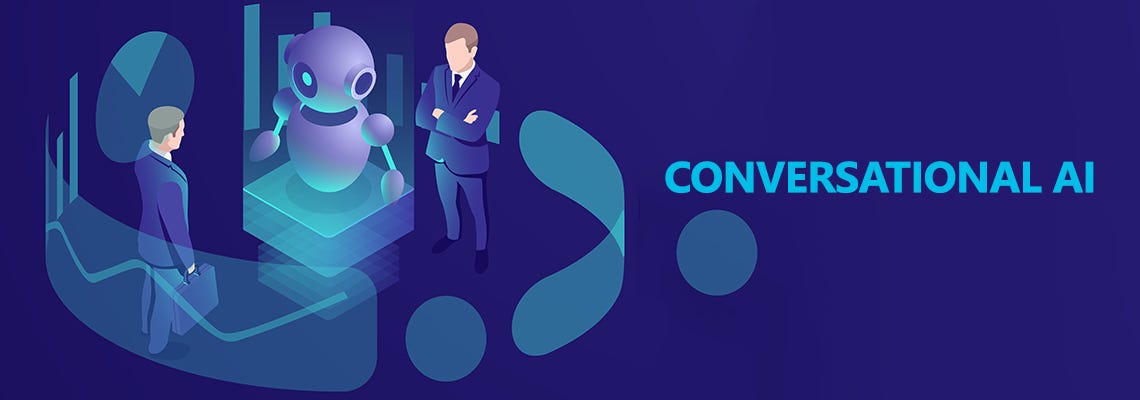What is an AI Agent?
An agent in artificial intelligence (AI) is a system designed to perceive its environment, make decisions, and take actions to achieve specific goals. AI agents can range from simple programs to complex systems, depending on their purpose and design. In AI terminology, an agent is essentially an autonomous entity that interacts with the world, learns from it, and adapts its behavior to optimize outcomes. The key characteristic of an AI agent is its ability to take actions based on sensory input and internal models, with or without human intervention. AI agents are used in various fields, including robotics, gaming, healthcare, and autonomous vehicles.
Types of AI Agents
AI agents are categorized based on their capabilities and the complexity of their tasks. Some of the most common types include reactive agents, deliberative agents, and hybrid agents. Reactive agents operate based on a set of predefined rules or immediate sensory input without involving deep reasoning. Deliberative agents, on the other hand, make decisions through reasoning and planning. Hybrid agents combine the strengths of both approaches, using a balance of reactive responses and deliberative decision-making. These types of agents vary in complexity and are used in different applications, from simple chatbots to sophisticated self-learning systems.
Components of an AI Agent
An AI agent typically consists of several key components: sensors, actuators, a knowledge base, and a decision-making process. The sensors gather data from the environment, while the actuators enable the agent to act on that data. The knowledge base stores information relevant to the agent’s task, and the decision-making process helps the agent determine the best course of action. This entire framework allows the agent to function autonomously, adjusting its behavior in response to changing conditions. The efficiency and effectiveness of an AI agent are largely determined by how well these components work together.
How AI Agents Learn
Learning is a crucial aspect of AI agents, as it allows them to improve their performance over time. Most AI agents employ machine learning techniques to learn from experience and adapt to new situations. For instance, reinforcement learning enables agents to learn by receiving feedback from their actions, either in the form of rewards or penalties. By continuously refining their strategies based on this feedback, AI agents can optimize their performance. Additionally, supervised and unsupervised learning approaches allow agents to learn from labeled or unlabeled data, respectively, helping them recognize patterns and make more accurate predictions.
Applications of AI Agents
AI agents are widely used across many industries and sectors, with applications in both consumer-facing products and critical infrastructure. In healthcare, AI agents assist with diagnosing diseases and recommending treatments. In the transportation sector, autonomous vehicles rely on AI agents to navigate and make real-time decisions. AI agents also play a key role in gaming, where they control non-player characters (NPCs), ensuring dynamic and responsive gameplay. The versatility of AI agents extends to finance, customer service, and even space exploration, proving their potential to revolutionize numerous industries by offering intelligent automation and decision-making.what is an agent in ai

